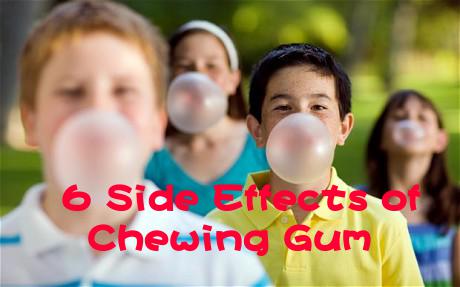In our bodies, there’s water, water everywhere – in and outside cells, body tissues, organs, muscles and circulatory system. In fact, 70 percent of our bodies is water.
Our body mostly does a good job of regulating water levels through our kidneys and urine: Excess water intake revs up the kidneys; dehydration slows them down. But changes and disorders can make the body hold onto water, making you look and feel bloated.
Some reasons for excessive water weight, like too much salt intake, are easy to fix. But edema also can be caused by serious problems, like heart disease and disorders in the lymphatic system.
So if you’re concerned about sudden gains in water weight, consult your physician. And when you learn that nothing serious is wrong, try these natural ways to get rid of water weight.
1. Drink More Water: It’s counter intuitive. But when you don’t drink enough water, your body holds onto the water it’s got. So sip cold water constantly through the day; 8 to 12 glasses are optimum.
2. Eat More Fruits and Vegetables: Is there any problem that eating more fruits and veggies won’t help? Some natural diuretics include asparagus, beets, parsley, onions, green beans and leeks. Watermelon is almost all water, and works to hydrate you.
3. Season Food with Herbs: Dandelion and ginger are known to help you shed water weight. But seasoning your food with any herb, instead of water-retaining salt, also will help prevent bloating.
4. Cut Down on Sodium: Excess sodium can cause cells to swell, creating sodium-related retention. So go easy on the salt, and avoid processed foods, which are loaded with sodium. Some top offenders are snack foods like chips and pretzels, canned soups, bacon, and canned beans and olives.
5. Exercise Daily: Yeah, it’s good for water retention, too. Exercise makes blood vessels expand so fluid is more easily excreted from your body. You don’t have to run a marathon; walking for 30 to 40 minutes a day will help.
6. Avoid Sugar: Especially the sugar found in such simple carbohydrates as candy, soda and snack food. Simple sugars cause insulin spikes, which can lead to fluid retention.
7. Reduce Stress: Whatever calms you down – yoga, meditation, exercise, watching funny sitcoms – can help reduce stress-induced water retention. Make these stress reducers a part of your daily life.
For more health info and promotions, please follow us on Facebook- Wellness Lab
 |
| Download Wellness Lab Mobile App now for more promotions |




















